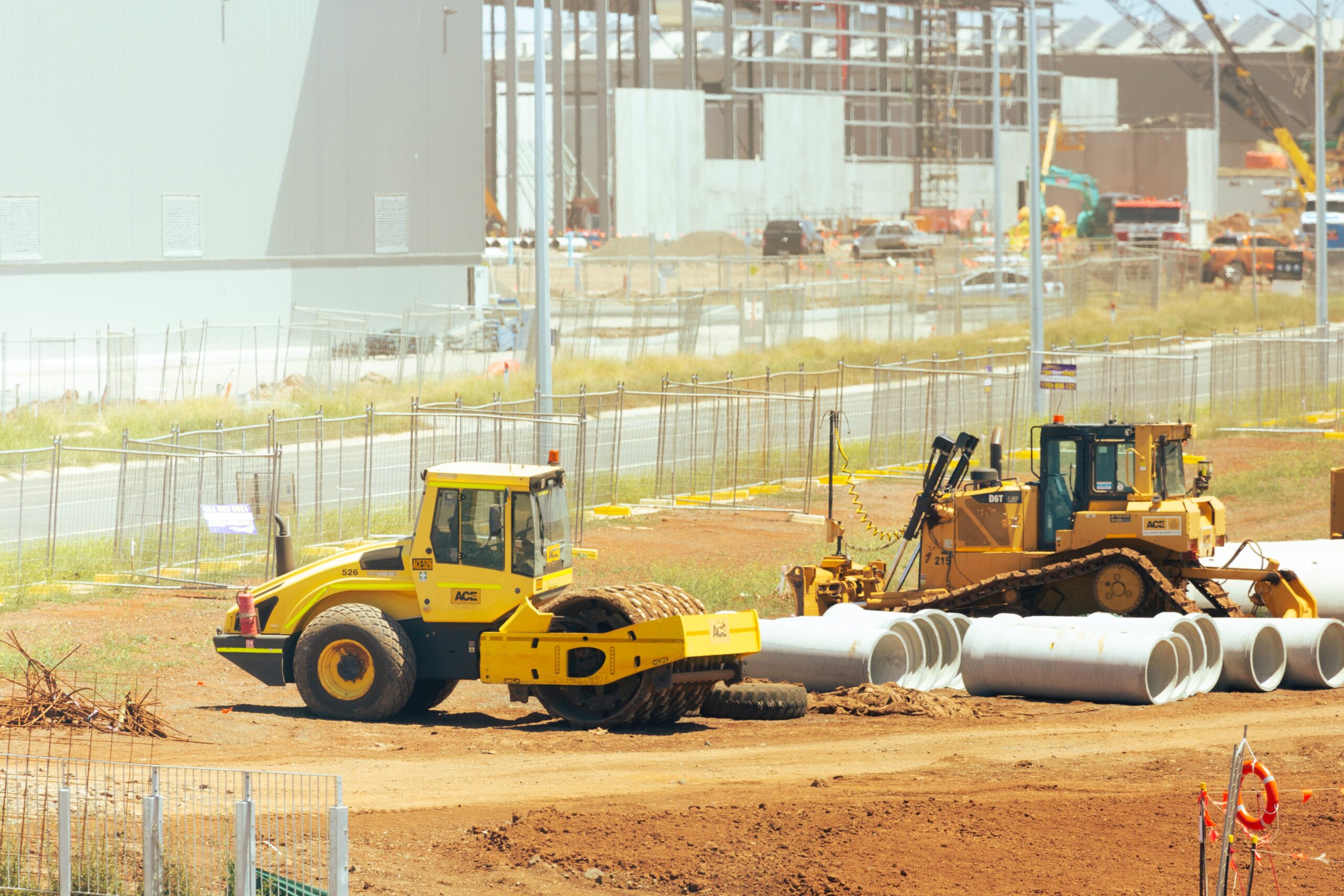Oil Price Plunged – The latest variant of Covid-19, Omicron, raised concerns in the market about the possibility of global travel restrictions that could derail the recovery in oil prices.
Oil prices plunged on Friday (26/11) night. At 22:40 WIB, the price of the WTI (West Texas Intermediate) oil contract in January 2022 fell 9.10% to US$ 71.25 per barrel from US% 78.39 per barrel on Wednesday (24/11).
In line with that, the price of Brent oil in the January 2022 contract fell by 8.15% to US$ 75.52 per barrel from US$ 82.22 per barrel on Thursday (25/11).
Brent crude prices fell another $9.50, or 11.55%, to $72.72 a barrel on Friday US time after countries across Europe and Asia imposed direct travel restrictions to prevent the spread of Omicron.
It was one of the steepest declines since last year’s global economic shutdown that saw oil prices turn negative for the first time across the US.
Both oil price contracts headed for their fifth consecutive weekly decline. Oil prices hit their lowest level in two months on fears of a new variant of Covid-19. These concerns add to the negative sentiment that the supply surplus may swell in the first quarter
The decline in oil prices coincided with the decline in global stock markets. The new variant of Covid-19 is suspected to be able to cut economic growth and fuel demand. The UK and European countries have restricted travel from South Africa, where a new variant of Covid-19 was detected.
Both crude oil prices have contracted for five straight weeks and are the longest weekly losing streak since March 2020.
The drop in travel and the potential for new lockdowns could hit demand, coming just as supply is about to increase.
“It seems that the discovery of the Covid-19 variant in southern Africa spooked the market as a whole. Germany is already restricting travel from some countries in the affected region,” said John Kilduff, partner at Again Capital, quoted by CNBC International (28/11).
“The last thing the oil [market] wants is another threat to the recovery of air travel,” he added.
Further recovery plans
On Tuesday, the Biden Administration announced plans to release 50 million barrels of oil from the Strategic Petroleum Reserve.
The move is part of a global effort by energy-consuming nations to calm price increases so far this year. India, China, Japan, South Korea, and the UK will also release some of their reserves.
OPEC and other oil-producing alliances will meet on December 2 to discuss production policy for January and beyond. The organization is slowly starting to loosen historic production curbs agreed on in April 2020 as the coronavirus weakens demand for petroleum products.
Since August the group, known as OPEC+, has returned 400,000 BPD to the market every month.
The group has maintained gradual declines despite calls from the White House and others to raise output as oil prices soared to multi-year highs. West Texas Intermediate crude futures hit a seven-year high in October, while Brent rose to a three-year high.
Currently, US Oil is down more than $15 since October’s high of $85.41.
The emergence of this new Covid variant has created a long list of threats to oil prices, especially before oil prices have also been slightly depressed due to the increase in Covid-19 cases in Europe. The World Health Organization (WHO) even said 500,000 people could die by March next year if they didn’t take immediate action to curb the spread of the coronavirus.
Austria has announced that it will be held a full lockdown starting on Monday (22/11) until December 12, it could even be longer. Due to the increasing number of cases, Austria is now requiring its citizens to be vaccinated in February 2022.
Source: CNBC, KONTAN





















